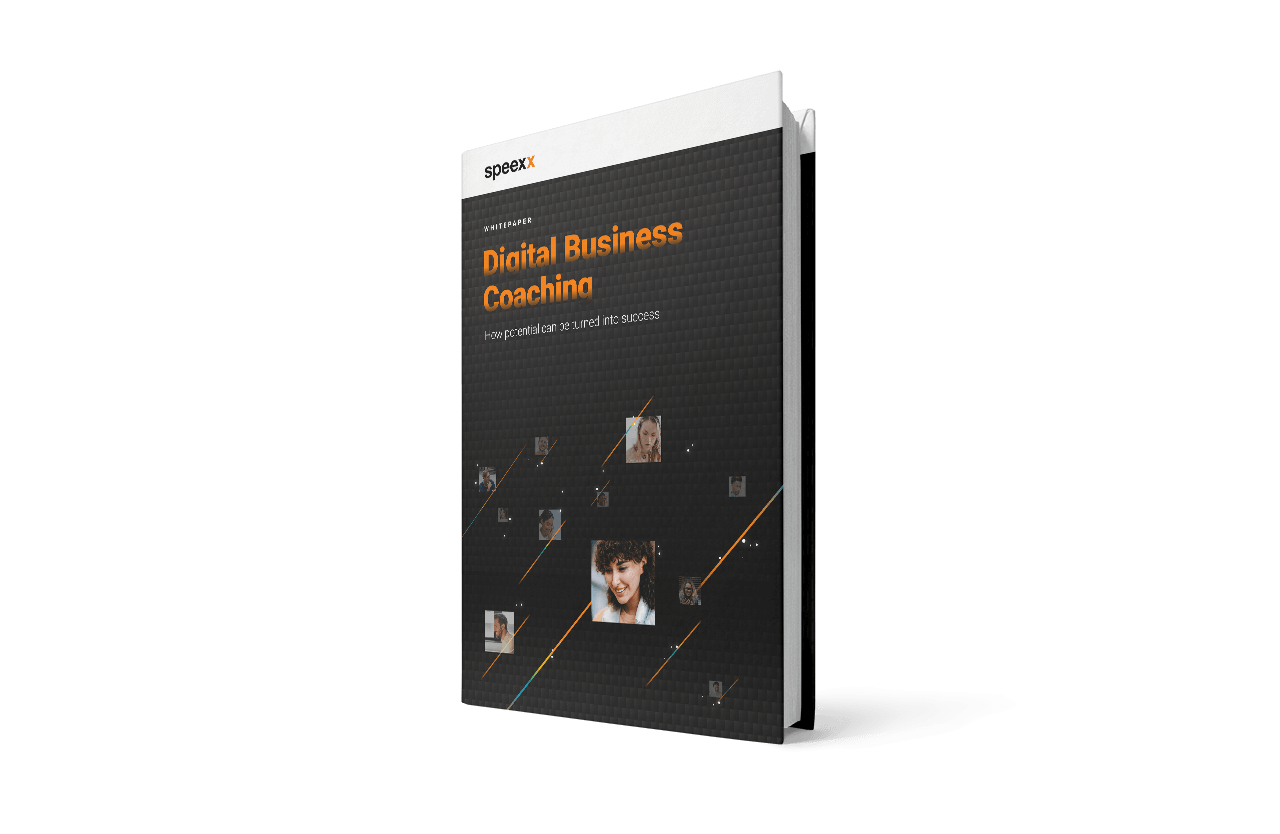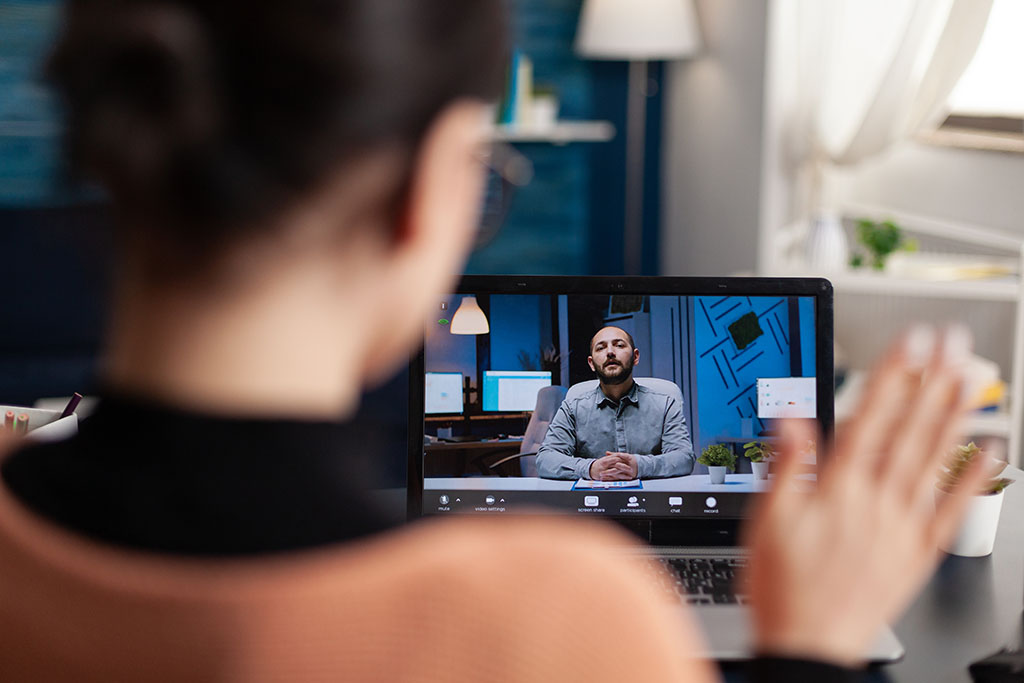Cast your minds back, if you will, to the recent history of corporate training delivery. In January 2020, only 50% of this training was done online. Fast forward to three months later, and the proportion was 100% due to lock-down caused by a global pandemic.
If online delivery is now the expected benchmark, we need to ask: exactly how good is it? And from whose perspective? What does success look like for the organization and the learner?

We are all in the same (virtual) room.
Jo Cook, a leader in virtual classroom training, and Jane Daly, founder of evidence-based learning and development consultancy, PeopleStar, have recently released their new research report, “Through the lens of research: Amplifying human focus in virtual and hybrid learning.” This report delves into the challenges and opportunities of virtual and hybrid learning, and provides valuable insights and best practice advice for learning professionals. The foreword is written by Donald H. Taylor, Chair of the UK Learning Technologies Conference.
Why this research?
The rapid shift to virtual and hybrid learning in recent years has led to a great deal of uncertainty and challenges for learning professionals. With only 6% of professionals taking an evidence-based approach to virtual and hybrid learning, this research aims to provide a deeper understanding of the barriers and opportunities of these learning mediums, and to support learning professionals in driving change with confidence.
Highlights and key takeaways
- Fewer than 10% of learners feel that virtual and hybrid sessions they have attended exceeded their expectations
- Many challenges relate to the performance and use of technology, including problems with sound, attendees not knowing how to use the platform, and facilitators not understanding the technology
- 37% of survey respondents reported that sessions had not been updated for virtual delivery, indicating that many L&D professionals are allowing a ‘lift and shift’ approach to let them down
- 75% of learning offerings are now virtual and hybrid, but most openly available advice is rarely grounded in robust evidence of what works well in practice
- 88% of participants in the research study say their organization has increased the amount of virtual and hybrid learning they offer
To download the full report for free, visit: https://virtualresearchinsights.com/report2022/.

Read more on the human focus of digital business coaching in our latest whitepaper.
The importance of an evidence-based approach
One of the key findings of this research is the importance of an evidence-based approach to virtual and hybrid learning. With only 6% of professionals taking this approach, it is clear that there is a significant opportunity to improve the value and impact of these mediums of learning. By providing learning leaders and stakeholders with trusted insights and best practice advice, this research aims to support professionals in driving change with confidence.
Reframing virtual and hybrid learning
The research also highlights the need to reframe virtual and hybrid learning. With only 33% of respondents in the study aware of best practice principles, there is a risk of creating the wrong impression of these mediums of learning. This research aims to provide learning professionals with the tools and knowledge they need to showcase excellence in virtual and hybrid learning, and to create spaces to ‘learn’ as opposed to work.
Overall, this research report provides valuable insights and best practice advice for learning professionals. It highlights the challenges and opportunities of virtual and hybrid learning, and emphasizes the importance of an evidence-based approach to driving change. By reframing virtual and hybrid learning, and showcasing excellence in this modality, learning professionals can ensure that they are providing the best possible experience for learners.
Demographics
- Participants in the study were from a range of industries, with the majority (40%) coming from education and training
- The majority of participants were from the United Kingdom (39%), followed by the United States (28%) and Australia (9%)
- The participants were mostly female (73%), with an average age of 45
- The majority of participants were in a learning and development role (51%), followed by instructional design (20%) and training delivery (12%)
About the authors
- Jo Cook is a leader in virtual classroom training and owner of Lightbulb Moments, with over 20 years of experience in the field. She is passionate about creating engaging and effective virtual learning experiences, and is a frequent speaker and author on the subject.
- Jane Daly is the founder of PeopleStar, an evidence-based learning and development consultancy. She has over 25 years of experience in the field, and has worked with a range of organizations to design and deliver effective learning solutions. Jane is passionate about creating impactful learning experiences that drive real results, and is a frequent speaker and writer on the subject. She holds a PhD in educational psychology, and is an active member of the learning and development community.
